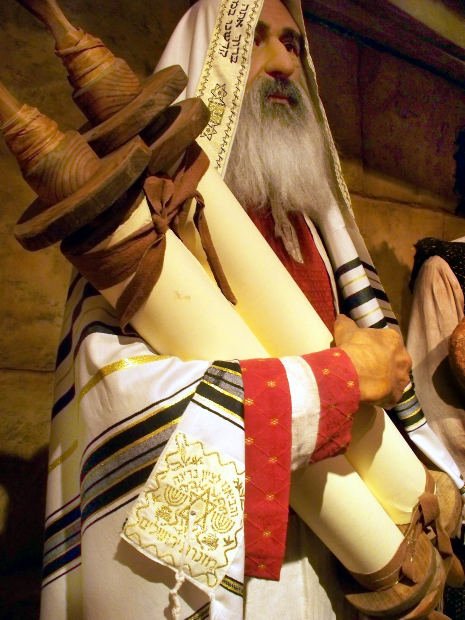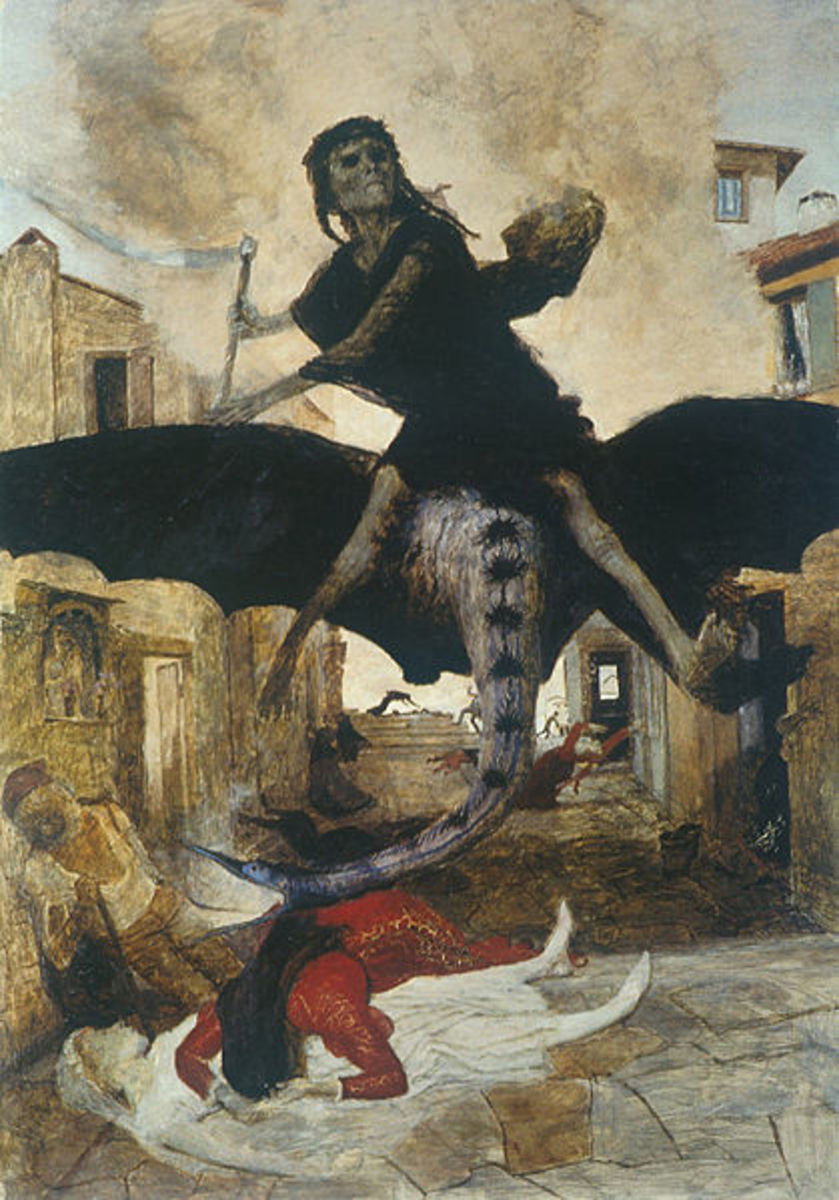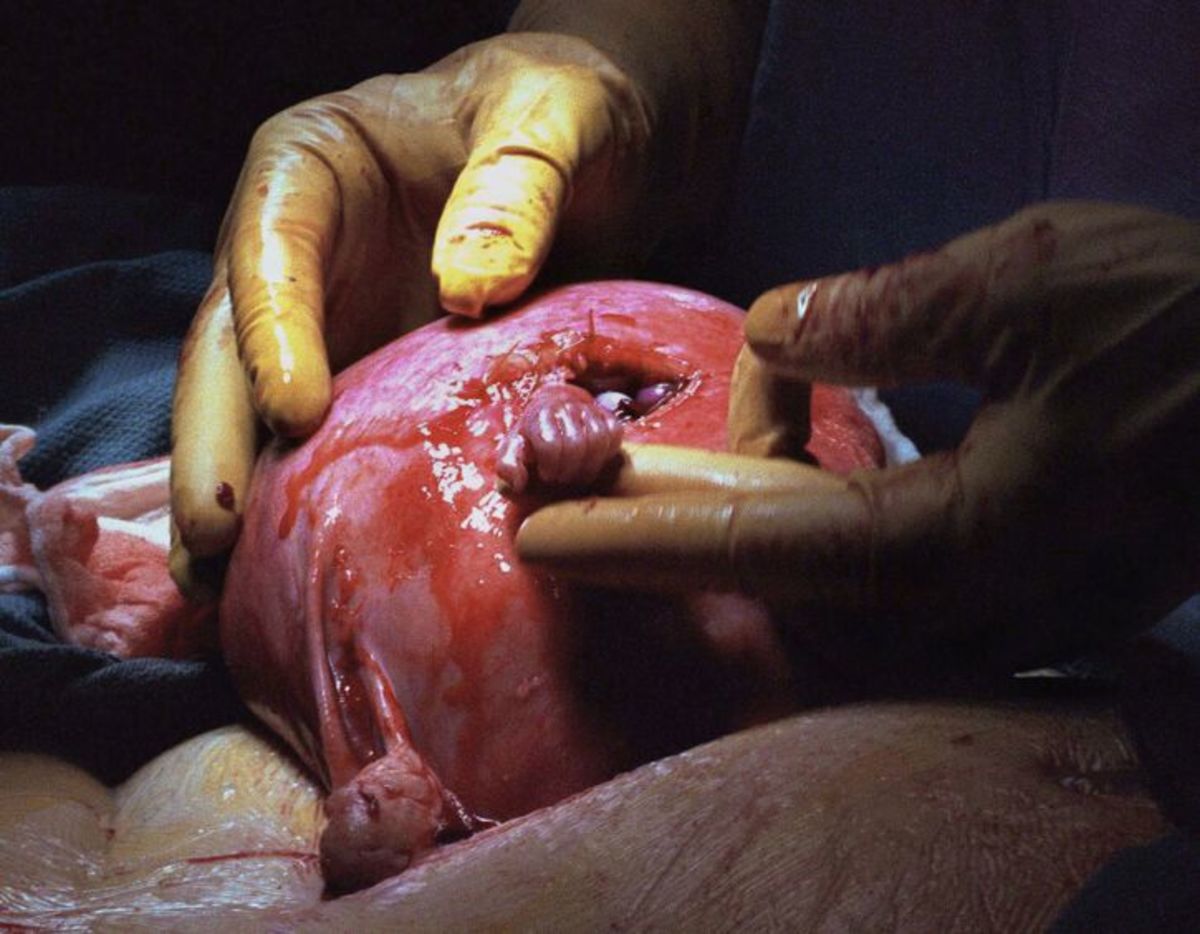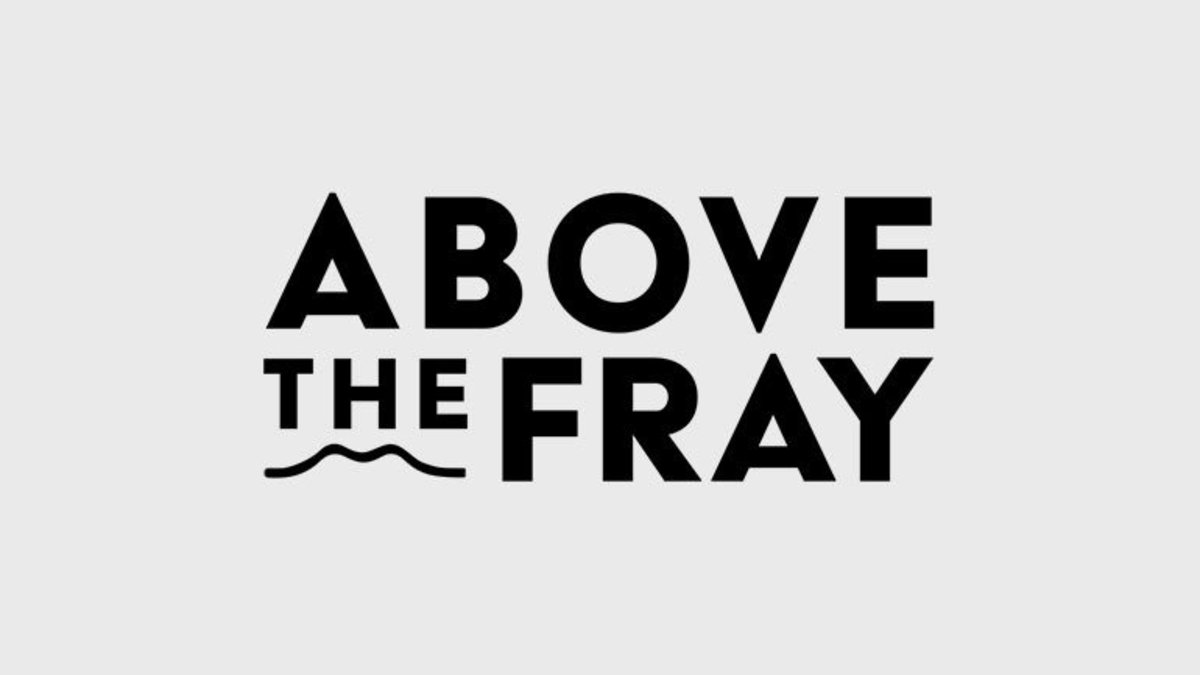Wrath of God

Atheists and other skeptics complain about things they don't understand in the Bible. "God is evil, condoning evil things—murder is among those things." Or, "All religions always start wars."
They condemn the wrath of God, because they think the only things at stake are human lives and civilization. By doing so, they condemn themselves. How?
Chosen People, Promised Land
When the Jews left Egypt, God promised them a certain patch of land already possessed by other tribes. Before they could take the land promised them, the Jews showed their own evil ways and many thousands of them perished as a result of their wickedness. They doubted God, even after seeing so many miracles. Incredible! They did evil things and were consumed for their evil ways.
When finally that evil generation had died out and the new generation was ready, the Jews slaughtered man, woman and child of the people who possessed the land promised them. God told them that if they did not slaughter them all that they themselves would be slaughtered by God.
And what about the commandment against committing murder? What was so different about all of this killing that made it okay to God?
A House Filled with Pestilence
Let us say you've moved into a new town, your finances are tight and you rent a house in the poorer section of town. In that house, you find all manner of mold, rotting food, a clogged sink filled with putrid water, cockroaches, rats and other forms of pestilence. You tell your children to stay in the car until the house has been cleaned.
While you are cleaning, one of your kids sneaks into the house, touches some foul corpse of a dead animal, catches a disease and dies.
After your family moves in, one child discovers a bucket under one of the sinks that had not been cleaned. They catch another disease and die.

Atheist Mentality
The atheist, thinking that they know better, would not have cleaned the house at all, but would have lived in pestilence until their family had been consumed with disease.
How can this be?
The house symbolizes the Promised Land. The pestilence within the house represents the people who occupied the Promised Land prior to the coming of the Jews.
The child who found the dead animal represents the Jewish people who were being wicked, following the evil customs of the unclean people of the region. The child had been disobedient and had not stayed in the car, just as the children of Israel had been wicked in turning away from God and not believing His power.
The bucket represents former citizens of the Promised Land who were not slain as ordered by God.
God wanted a clean house for His chosen people. These people would be the standard bearers for His quest to free all of His children from the death of mortality. God needed a clean house to ensure that His chosen people were clean enough to pursue that quest.
Yes, atheists do not believe in God. Many of them are certain God does not exist, even though they cannot prove it. They simply have a certainty that God doesn't exist—a certainty that looks like faith, but is only a pale reflection of it.
The atheists would have us all live in filthy houses full of disease. "Those poor, poor microbes have rights, too."
I feel deeply for the atheists and their families for the travail they are bringing upon themselves. My prayers go out to them that they may awaken before it is too late.
God's Purpose
How is God's purpose full of love? One major point of confusion on the part of atheists and other skeptics concerns our Homo sapiens bodies. These bodies are only tools to an end. Slaughtering an entire planet full of Homo sapiens bodies is okay to God so long as it protects His purpose. But what is that purpose?
Plainly, God wants us to awaken spiritually—to come back to Him. Killing for a divine purpose is okay. Destroying diseased bodies and egos does not harm the child of God within.
How is that different from murder? Simple. For any human to commit murder, they are performing an extremely selfish act. They know little beyond their own singular viewpoint. Nearly everything they do is selfish in one degree or another. And selfishness is at the heart of the disease God is trying to cure. God destroying some or many of these bodies serves the very generous purpose of that cure.
The atheist, of course, sees only the bodies and thinks this is crazy because the cure seems to be nothing but death. But the bodies are not the children of God; the spirits within are those children and they have experienced many bodily deaths. They have fallen from grace. They exist in the long sleep of spiritual death. They are dead and need to be reborn.
How do we know the difference between God asking for deaths and the religious extremist saying that they are doing God's work as a suicide bomber?
If you are without spiritual disease, then it is easy to see. But, alas! Most of us still have at least a little of the disease of ego and selfishness. And yet, there are clues in the motivation of the terrorist. There is selfishness in that motive—100 virgins just for them. They say they are doing "God's work," but anyone can lie to others or themselves. That's delusion. Flashing the "God" word around does not absolve them of their crimes. Selfish killing is murder. Suicide is even worse. It's all in the motivation. The acts of the suicide murderer may appear similar to that of the hero, but by their separate motivations they are a universe apart.

Wrath of God
The wrath of God is against the wickedness to which so many cling. That wrath is directed at the disease which threatens His children. When a parent chastises their disobedient child for wandering into a den of disease, they have never stopped loving their child. Their wrath is an instrument of their love.
The skeptics invite the wrath of God by stubbornly clinging to disease—spiritual disease. By denying their own spiritual nature, they are opening pustules of wickedness on their spiritual body. They are condemning their immortal self to oblivion, so when their body dies, all they have left are the nightmares of spiritual storm and darkness.
When God asks for death, it is for the extremely generous purpose of everlasting life—not for the body, but for the timeless soul within. That is the riddle solved—the Gordian knot cut.








